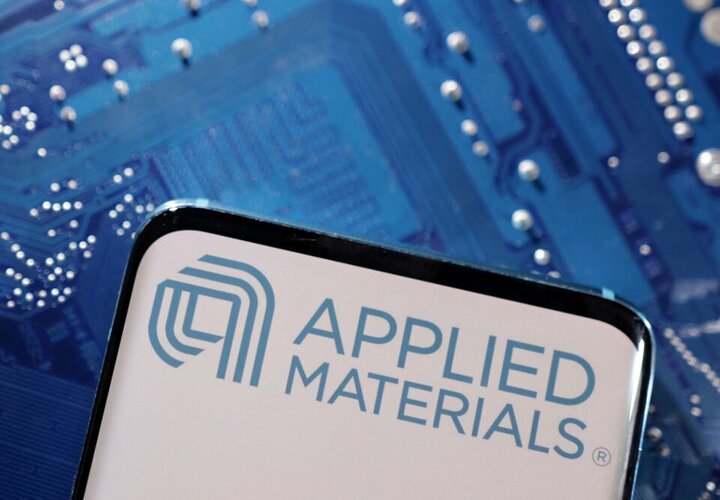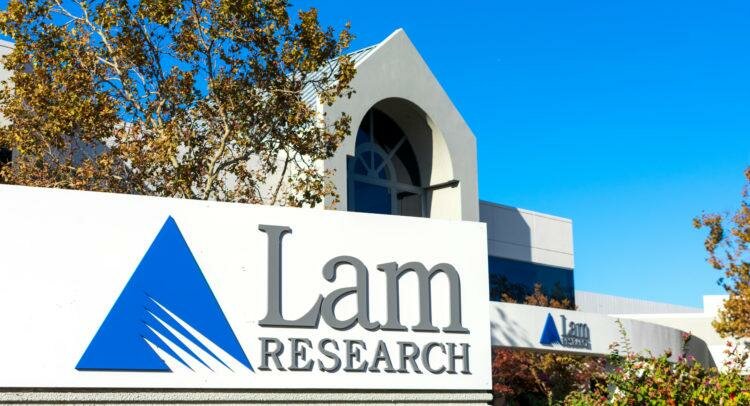Amid Washington’s “increased pressure,” two major U.S. semiconductor companies, Applied Materials and Lam Research, have instructed their suppliers to “avoid” China. According to the WSJ, partners of these companies were subtly advised to “seek alternatives” if they want to retain their supplier status. Suppliers are even being urged to be cautious with shareholders or investors from China.

Although details have not been disclosed, sources indicate that this policy comes from two major players in the semiconductor industry—Applied Materials and Lam Research—global giants in the manufacturing of microprocessor production equipment.
Lam Research affirmed that they are strictly adhering to the new U.S. export regulations, while Applied Materials stated that the company is continuously “hunting” for alternative sources to ensure the supply chain. However, both companies have remained tight-lipped when asked about specific details.
In recent years, the U.S. has increasingly tightened control over chip technology, preventing China from easily accessing the most advanced production equipment—sophisticated machines that are still exclusively controlled by the U.S., Taiwan, South Korea, Japan, and Western Europe. The semiconductor industry is now not just a technological battleground but also a matter of national security. Both U.S. presidential candidates, Donald Trump and Kamala Harris, have committed to taking a tougher stance on China, particularly in the semiconductor sector.

Last year, the U.S. Department of Commerce required manufacturers to obtain a license before sharing their expertise with Chinese partners. This license is temporary and will expire by the end of 2025. This has led semiconductor industry experts to warn of potential challenges for both sides.
Applied Materials and Lam Research are currently facing a cost dilemma as they are forced to “part ways” with their Chinese partners, since it’s not easy to find alternative sources at the same competitive prices. Furthermore, China is one of their largest global customers, so this move essentially creates pressure on themselves.
On the other side, Chinese contractors are also facing difficulties. Shenyang Fortune Precision Equipment, a partner of Applied Materials, had to open a factory in Singapore in hopes of serving foreign customers. Many Chinese companies are even looking to set up joint ventures in other countries, such as Malaysia or Singapore, to “avoid” the bans and continue collaborating with U.S. companies.

Founded in 1980 in California, Lam Research is now a leading designer of chip manufacturing tools, with over 18,700 employees. Applied Materials, established in 1967, provides equipment and software for chip production, mobile displays, and solar energy devices. Along with KLA Corp and Lam Research, Applied Materials is one of the key pillars of the U.S. semiconductor industry, holding many crucial technologies in the technological battle with China.



